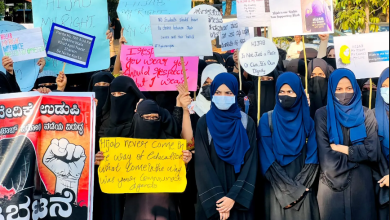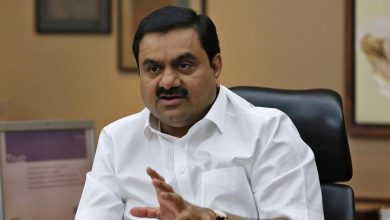BJP faces fierce opposition on so-called ‘One Nation, One Election’ bills
 New Delhi: The Indian government introduced two bills in the Lok Sabha, aimed at implementing the so-called “One Nation, One Election” concept in India, a country with diverse cultures, languages, and geography.
New Delhi: The Indian government introduced two bills in the Lok Sabha, aimed at implementing the so-called “One Nation, One Election” concept in India, a country with diverse cultures, languages, and geography.
According to Kashmir Media Service, the bills, which seek to hold simultaneous elections to the Lok Sabha and state assemblies, were met with fierce opposition from various parties.
The Constitution (129th Amendment) Bill, introduced by Law Minister Arjun Ram Meghwal, seeks to amend the Constitution to facilitate simultaneous elections.
The Union Territories Amendment Bill aims to align elections in the Union Territories of Puducherry, Delhi, and occupied Jammu and Kashmir with the Lok Sabha polls.
Opposition parties including the Congress, Samajwadi Party and DMK expressed concerns that the bills would undermine the federal structure of the country and curtail the autonomy of state assemblies.
The bills will now be referred to a Joint Committee of Parliament, as per Prime Minister Narendra Modi’s suggestion. The committee will examine the bills in detail and submit its report, which will then be approved by the Indian cabinet. The bills will be discussed again in Parliament before being passed.
Bihar Leader of the Opposition Tejashwi Yadav’s vehemently opposed the “One Nation, One Election” bill as an RSS agenda aimed at controlling electoral processes nationwide.
He astutely pointed out the practical challenges of simultaneous elections, questioning how the Election Commission could manage such a feat across the country. Yadav expressed concerns about the bill undermining federalism, creating logistical hurdles, and concentrating power resonate with many opponents of the bill.








